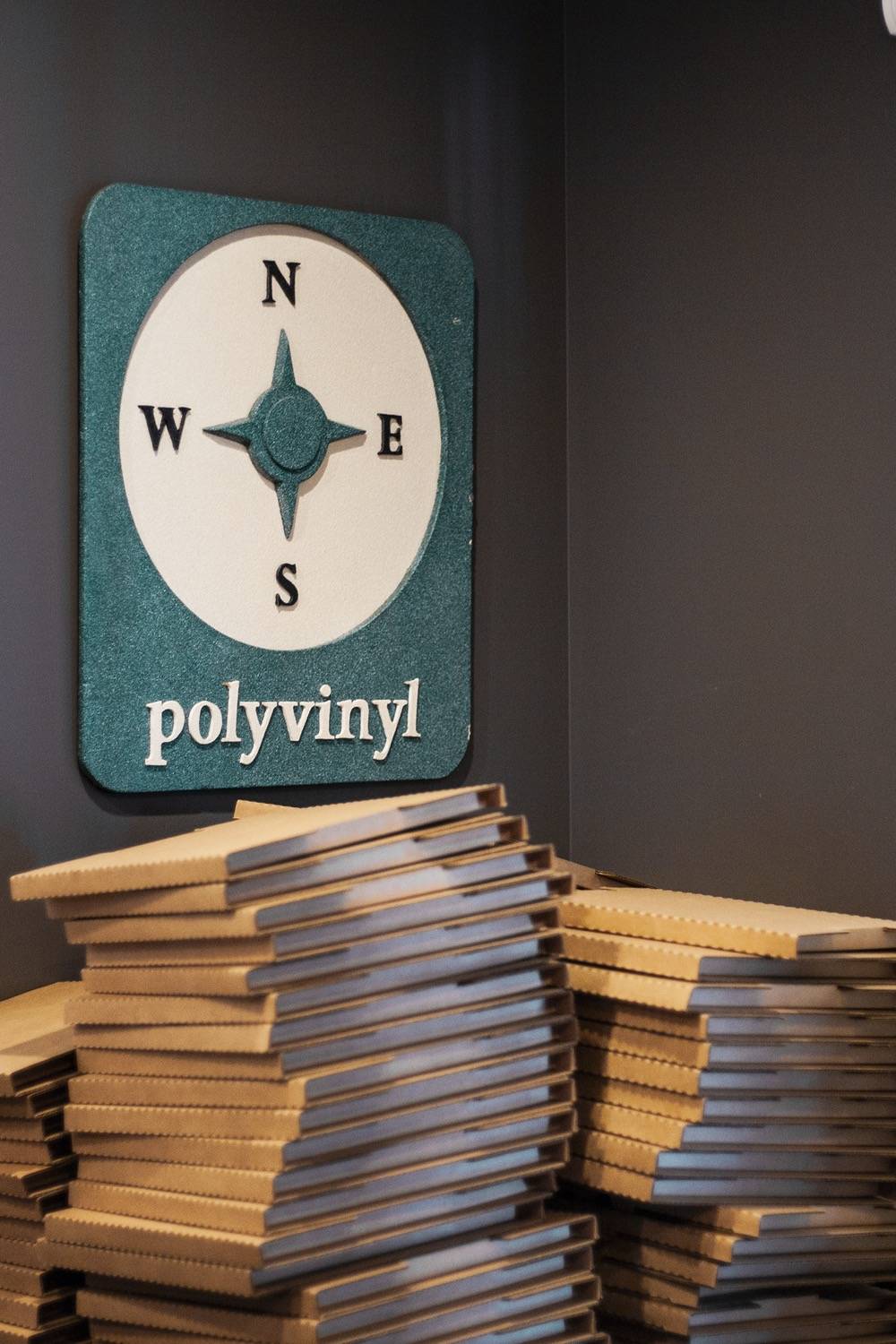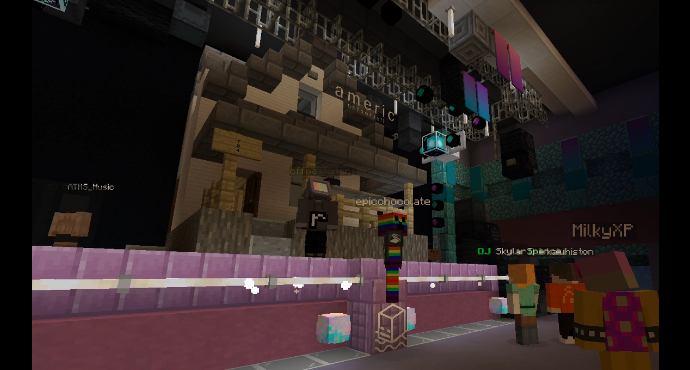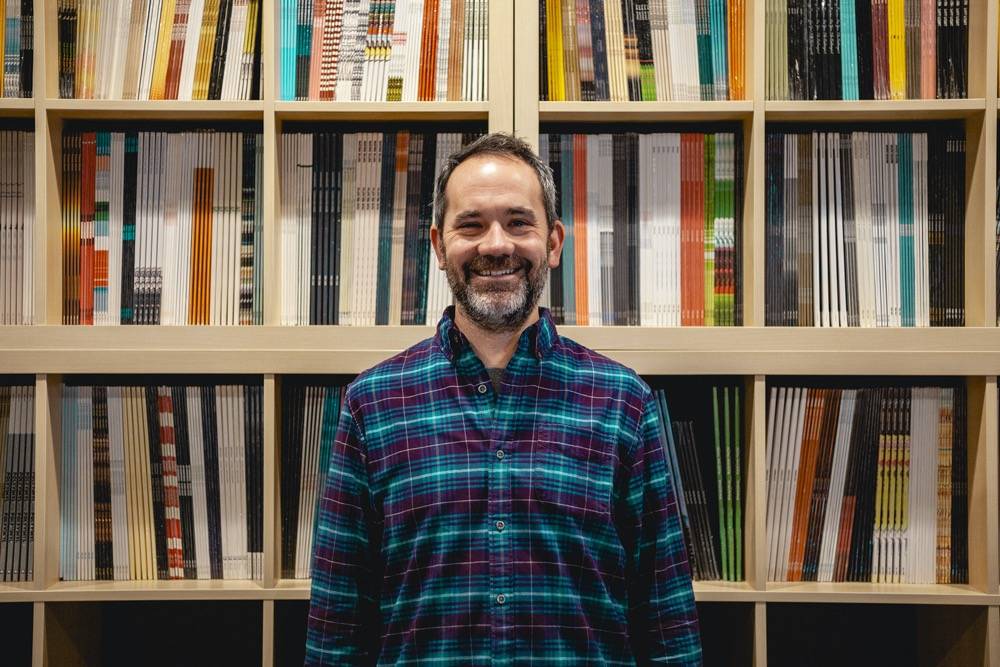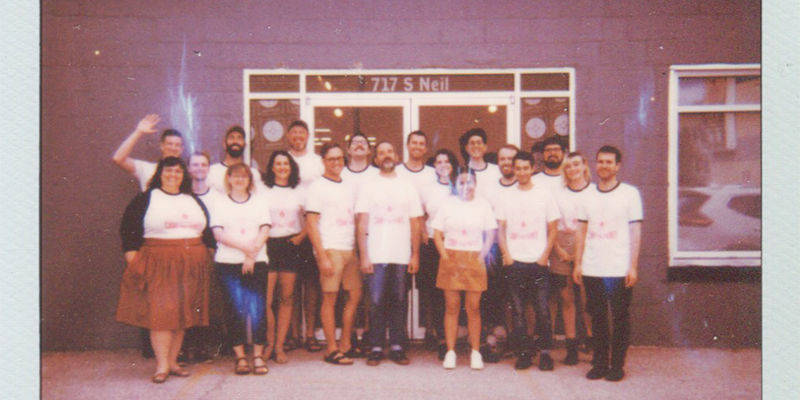Even though the roots of Polyvinyl Records run deep here in Central Illinois, the work that’s being done has always reached far beyond Champaign-Urbana. The work that Polyvinyl does has a broad reach: The artists they work with and the customers they serve span far and wide. As the label enters its 25th year of existence in 2020, over the course of that lifetime many stories have already been told: How the label began and its general history, how the whole American Football thing came to be, how influential Braid is to the entire genre, and so on and so forth. I could go on all day about that because the label has an amazing track record, but that’s already been written before. How about something new, you ask? Well, we all know how 2020 is going so far, so here we are, talking about what’s new in the music industry these days.
In what is likely the most unpredictable and uncertain of years celebrated to date, Polyvinyl continues to grow and do what it does best: work with excellent artists and help them publish music for people to hear. The music industry touches so many people out there, and as we all continue to navigate what this pandemic even means, and what the future holds as a result, the landscape we knew before is no longer. This rings especially true for independent music and those that perpetuate it. Perhaps now is the best time to recognize what an amazing milestone it is for Polyvinyl to be turning 25 years old in this particular year.
Though much of what the label does remains on course, practically every moving part around them has changed in some way, shape, or form due to COVID-19. In a flash, tours stopped in their tracks, independent venues are fighting for their existence, and show after show postponed to a later date (to whatever date that might end up being). Tons of acts are already announcing shows for 2021. The list of damages goes on and on. No one really knows where this will end or how things will pick back up once we can all be together again in the new normal in the music world. But not everyone has to punt to 2021. As much as we want to shove 2020 to the side and wave goodbye forever, there’s still so much work to be done in order to maintain and stay the course for survival. Most don’t have a choice but to work with what the world is laying out right now. Most don’t have time to just take a beat and see what happens.
As the pandemic continues to steamroll what we all knew to be the norm, I thought of everyone in the music industry. I thought of everyone that enjoys going to shows. I thought of all of the artists that have to stay at home because their tours aren’t safe to venture out on right now. I thought of Polyvinyl specifically as a direct pipeline into our community from the larger audience they serve beyond C-U. Even though this is a new obstacle for them, this particular business is ever-changing, and surely this isn’t the first hurdle the label has had to jump. Everything changes over time, and this just happened to make us change a bit quicker than we would’ve ever realized possible. Who knew we’d be talking about a music festival played on Minecraft? I certainly didn’t, but I’d imagine that’s just the beginning of the new era of off-the-wall-ness we are about to discover as this pandemic rolls on.
So, what does that mean for Polyvinyl? I spoke with co-Founder Matt Lunsford recently, who was kind enough to answer some questions in the midst of the madness.

Photo by Janelle Abad.
Smile Politely: What has the last month or so been like at Polyvinyl?
Matt Lunsford: In a word: different. It started with SXSW being canceled. We always have such a significant presence in Austin — we’ve been doing a SXSW showcase for 16 years in a row. It usually marks the end of “winter hibernation” and the start of spring, new releases, and spring/summer touring. We had just announced our showcase on Monday, March 2nd and by Friday, March 6th, we were all watching the Austin local government news conference live when they canceled SXSW in its entirety. Right then, I realized that COVID-19 was going to be massively disruptive.
From there, we switched to work-from-home for most of the staff. We already have five people who work remotely so we are set up to be a remote company. But still, the majority of us don’t work remotely — we work at the office in Champaign. We’ve spent a lot of time getting cleaning and distancing procedures in place for the safety of the fulfillment and warehouse crew who cannot take their jobs home with them. We have been very focused on keeping every person at Polyvinyl employed and healthy through this, and simultaneously helping both our artists through efforts like the 100% artist benefit Stay Home compilation, passing along Bandcamp revenue directly to artists, and helping sell tour merch online which was originally intended for sale at shows.
SP: How does this affect the manufacturing pipeline of releasing physical records for Polyvinyl?
Lunsford: We’ve had a couple small snags — mainly with vinyl manufacturing plants in the U.S. being shut down or on lower capacity. However, this has not presented a significant issue, thankfully!

Photo is a screenshot from NetherMeant, provided by Polyvinyl.
SP: How did the Nether Meant event come together?
Lunsford: This came together through the company Open Pit Presents and Anamanaguchi, who we just started working with last year. They are such creative thinkers and approached us about the idea and getting American Football on board to do it to. It was a wild thing to be a part of. Miles (our 12-year old) had to show me and Darcie [Lunsford] how it worked the night of the event! [laughs]
SP: What small positives (if any?) are you finding throughout this period of time?
Lunsford: Seeing our whole staff and our artists come together to work on all sorts of projects has been awesome. We are working on a top-secret one now which will roll out sometime next month. But generally, our artists being unable to play shows has been a huge bummer.

Matt Lunsford, photo by Janelle Abad.
SP: On a broad scale, what do you believe this all means for independent labels across the board? You have a ton of perspective with the longevity of your career.
Lunsford: Man, I have mixed feelings! It’s troubling because so many indie labels (and indie record stores) work on such thin margins and shoestring budgets that a disruption of this magnitude could be unrecoverable. But at the same time, I feel like independent labels and artists are some of the most scrappy, resourceful people out there. Always working with less, but doing more! So, I’m gonna stay hopelessly optimistic.








